Sometimes the best thing a documentary can do is get out of its own way and let the subject tell the story. This is definitely the case with Jane, a straightforward doc composed predominantly of historic footage of Jane Goodall in conjunction with contemporary footage of the esteemed naturalist reflecting on her impressive life experiences. Goodall is such a compelling subject that it’s difficult to imagine anyone making a dull film about her, and if Jane comes across as occasionally workmanlike in its construction, Goodall is such a dynamic presence that I can’t imagine anyone objecting.
The film that makes up the bulk of Jane’s running time was culled from a cache of footage long thought to be lost in National Geographic’s archives — shot by legendary wildlife photographer Hugo Van Lawick, assigned to document Goodall’s early research among the chimps of the Gombe preserve in Tanzania. Van Lawick’s reputation as a photographer is well-justified, and even shooting in 16mm under difficult field conditions, his images pop with a vibrancy uncharacteristic of the format. It also becomes evident that he was deeply enamored of Goodall long before the film reveals that they fell in love and were married while the footage was being shot, a development that is blatantly apparent through the way his camera dotes on her every move.
Writer/director Brett Morgen (Kurt Cobain: Montage of Heck) structures Jane chronologically, laying out Goodall’s assignment to study chimpanzees in the wild as a 26-year-old secretary with no scientific training before interspersing modern interviews with still-active 83-year-old conservationist. The context provided by Goodall’s contemporary reflections generates an emotional depth that surpasses most conventional bio-docs, and she proves to have remained a magnetic and engaging personality.
Morgen’s structural strategy hinges on the fact that the found footage covers both Goodall’s professional and personal lives during one of the most productive periods of her life. By juxtaposing Goodall’s scientific progress with the birth and early youth of her son Grub, Morgen lends a sense of emotional resonance and dramatic weight to a film that looks, for all intents and purposes, like a nature documentary. The result is a film that proves both psychologically engaging and visually beautiful, with a score by Philip Glass that reinforces the director’s efforts to present Goodall as a multifarious human being rather than a distant public figure.
Jane seems perfectly tailored to be the kind of prestige doc that will run in a prime-time slot on basic cable, and as such it does little to no digging beyond the surface of its subject. Despite its occasional air of superficiality, it’s still an enjoyable watch that sheds some welcome light on the inner workings of a remarkable life. It might be difficult to make a bad movie about Jane Goodall, but I’m sure it could have been possible. Thankfully, Morgen has made a good one. Not Rated. Now Playing at Grail Moviehouse.




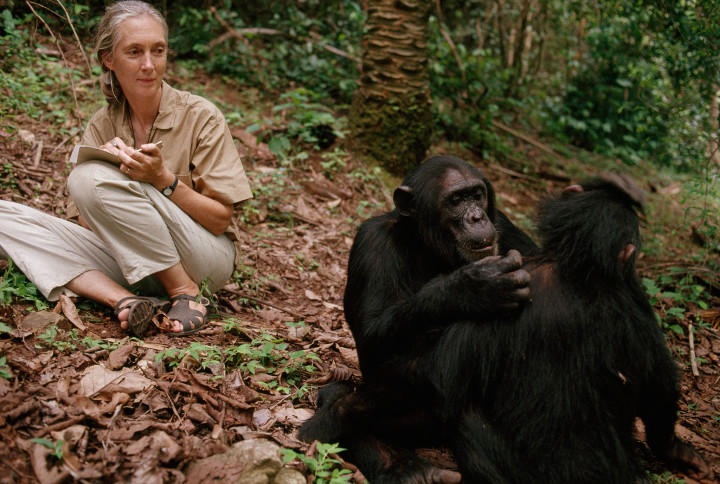
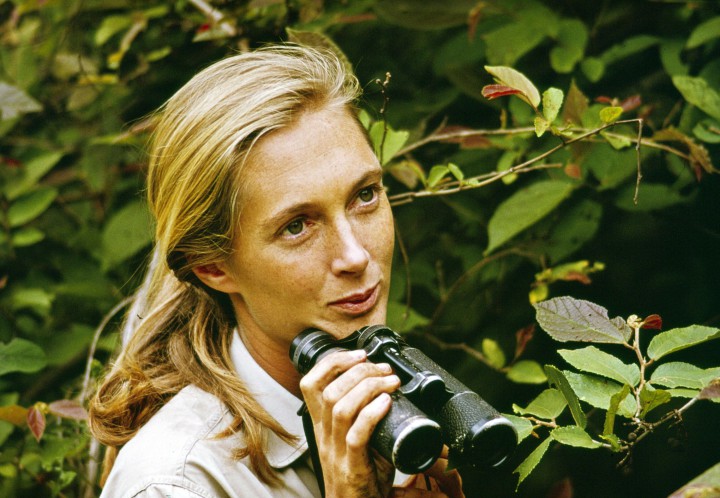
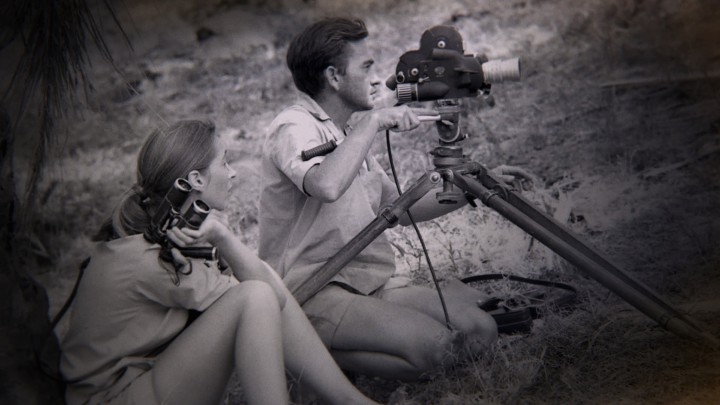
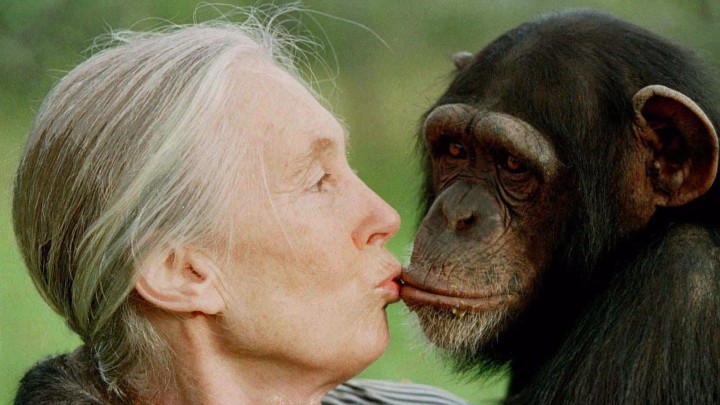
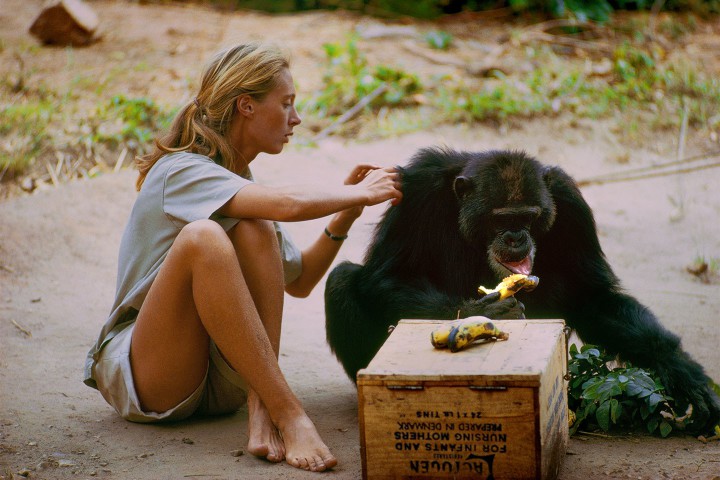
Fascinating! Inspiring review.